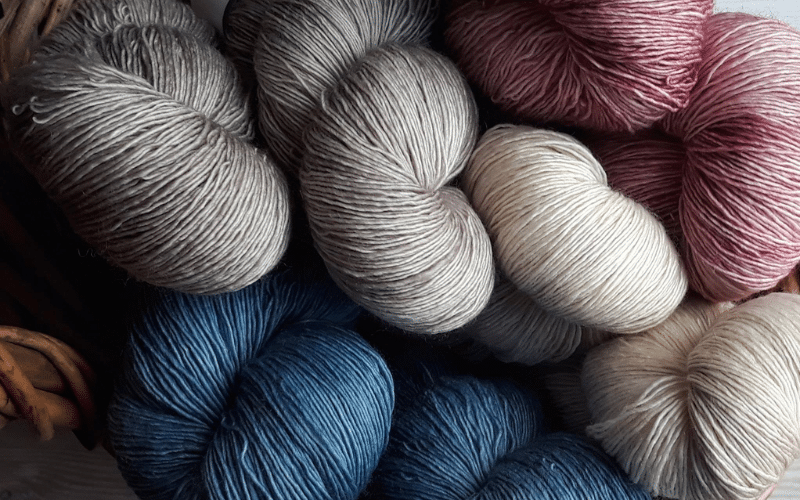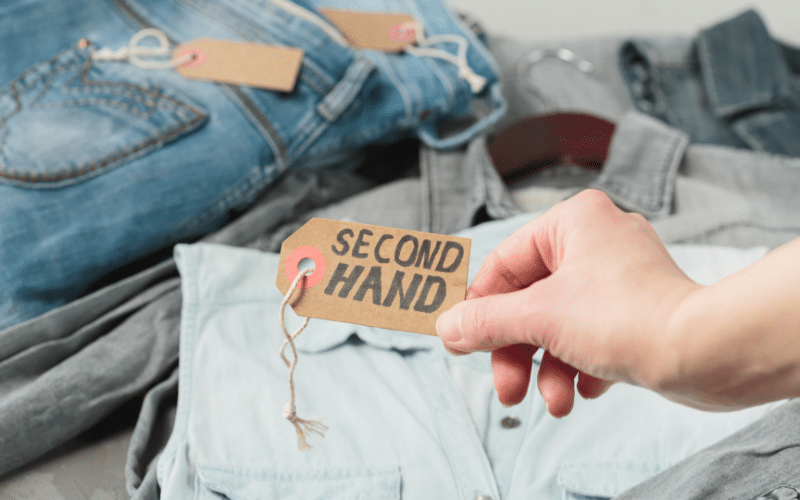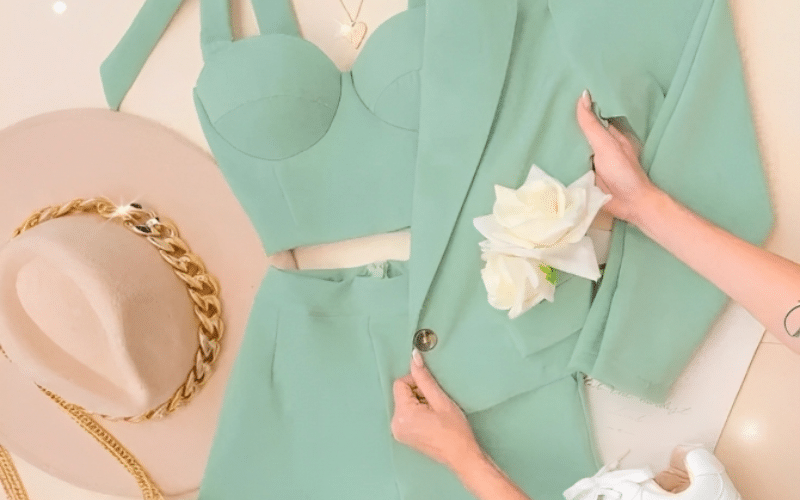
The fashion industry is known for its negative impact on the environment and poor labor practices. However, as consumers, we can make a difference by choosing to shop for clothes that are ethical and eco-friendly. By making small changes to our shopping habits, we can reduce waste, support sustainable brands, and make a positive impact on the environment. In this article, we will discuss five ways to shop for clothes ethically and sustainably, including choosing natural fibers, buying second-hand, supporting sustainable brands, investing in quality pieces, and taking care of our clothes.
How to Shop Ethically and Eco-friendly
1. Choose natural fibers

Choosing natural fibers is an excellent way to shop for clothes ethically and sustainably. Natural fibers are biodegradable and have a lower environmental impact than synthetic materials. They are also more breathable and comfortable to wear, making them a great choice for hot weather. Additionally, natural fibers such as cotton and wool are durable and long-lasting, which means you can wear your clothes for a longer period of time before needing to replace them. When shopping for clothes, look for items made from natural fibers and avoid synthetic materials whenever possible.
2. Buy second-hand

Buying second-hand is a fantastic way to reduce waste and support sustainable fashion. When we buy second-hand clothes, we give them a new life and keep them out of landfills. Additionally, shopping for pre-loved clothes is often more affordable than buying new items, which can save you money in the long run. Thrift stores, consignment shops, and online marketplaces are excellent places to find high-quality second-hand clothes that fit your style. By choosing to buy second-hand, you can help create a more sustainable fashion industry while also finding unique and affordable clothes.
3. Support sustainable and ethical brands

Supporting sustainable and ethical brands is crucial in promoting a more sustainable fashion industry. These brands prioritize using organic or recycled materials, have fair labor practices, and are transparent about their supply chain. By supporting these brands, you are sending a message that ethical and sustainable fashion is essential to you, and you want to see more of it in the industry. You can find sustainable and ethical brands by doing your research and looking for certifications such as Fair Trade or Global Organic Textile Standard (GOTS). By supporting these brands, you can help make a positive impact on the environment and workers in the fashion industry.
4. Invest in quality pieces

Investing in quality pieces is an excellent way to shop for clothes ethically and sustainably. Quality pieces tend to last longer than fast fashion items, which means you can wear them for years to come. By investing in quality items, you can reduce the overall demand for cheaply made, disposable fashion and support a more sustainable fashion industry. Additionally, investing in quality pieces may cost more upfront, but it can save you money in the long run since you won’t need to replace your clothes as often. When shopping, choose timeless pieces that you can wear for multiple seasons and occasions.
5. Take care of your clothes

Taking care of our clothes is an essential part of shopping for clothes ethically and sustainably. When we take care of our clothes properly, they last longer, reducing the overall demand for new items. Simple steps like washing clothes in cold water, air drying instead of using a dryer, and avoiding harsh detergents can make a significant difference. Additionally, repairing and mending clothes instead of throwing them away can extend their lifespan even further. By taking care of our clothes, we can reduce waste, save money, and support a more sustainable and ethical fashion industry.
Bottom Line
Shopping for clothes ethically and sustainably is an essential step towards reducing the fashion industry’s negative impact on the environment and workers. By making conscious choices about the clothes we buy, we can reduce waste, support sustainable practices, and prioritize quality over quantity. From choosing natural fibers and buying second-hand to investing in quality pieces and taking care of our clothes, every small step can make a significant difference. By adopting a mindful and responsible approach to fashion, we can help create a more sustainable and ethical fashion industry for the future.



